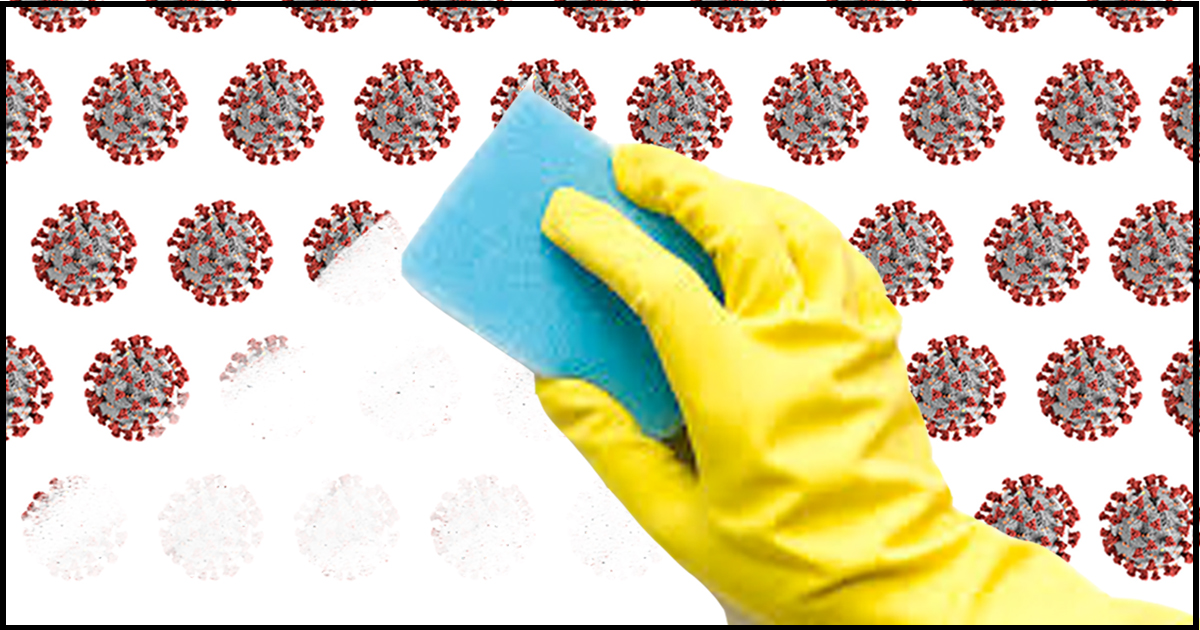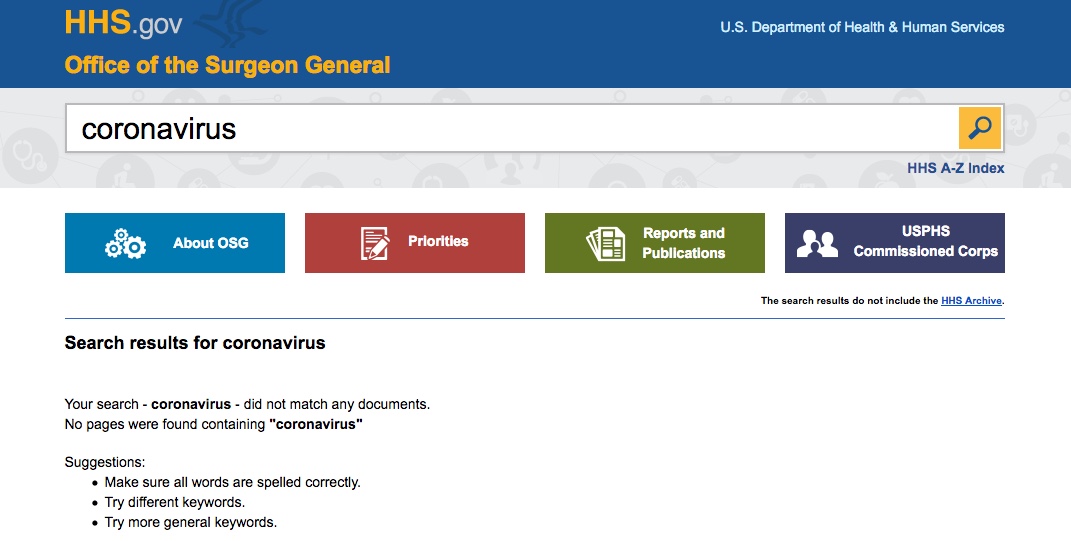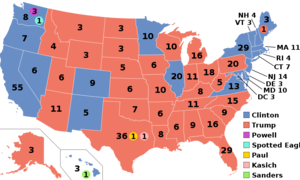Germophobes of the world, unite! Feel free to come out of your closets; just don’t leave your homes.
Unless you’ve been living under a rock—which, of course, no germophobe would do—you know the planet is crawling with a new germ. Scientists call it severe acute respiratory syndrome coronavirus 2 (SARS-CoV-2), which causes a flu-like disease they’ve dubbed COVID-19. Because that’s a mouthful, and it spreads so rapidly, it has achieved in mere months the kind of single-name recognition reserved for rock stars and diseases. Just call it coronavirus.
In an age when everything popular is said to “go viral,” this killer is here to reclaim the title. Leading America’s defense is our Germophobe-in-Chief, Donald Trump, who knows a thing or two about going viral. We know Trump is a bona fide germophobe going way back. In a 1999 TV interview, Trump shared his dislike of shaking hands. “I think it’s barbaric….You catch all sorts of things,” he said. Today, nobody is shaking hands, and experts urge us to keep six feet from other humans at all times.
Pop quiz:
How many of the following items do you now use daily?
- Hand sanitizer
- Disinfecting wipes
- Disposable latex gloves
- Lysol spray
- Respiratory face mask
If you scored three out of five and are not a health-care worker, welcome to the ranks! If you scored five out of five, I nominate you to hold the next germophobe webinar for the rest of us.

Germophobes: Then and Now
To paraphrase our Germophobe-in-Chief, who would have thought 330 million people could develop an obsessive-compulsive disorder in less than a month? Yes, I said OCD. Look it up.
An internet search of “germophobe” leads you to the Wikipedia page for mysophobia, the pointy-headed Greek term that professionals prefer. Related terms are verminophobia and bacterophobia. Neither exactly rolls off the tongue.
William A. Hammond (1828-1900), who was surgeon general during the Civil War and later helped organize the American Neurological Association, coined the term mysophobia in 1879, to describe an obsessive fear of contamination. And what symptoms prompted him to mint this diagnosis? None other than an 18-year-old who washed her hands more than 200 times a day.
Given the lack of indoor plumbing and hot tap water in 1879, this was quite a feat. Needless to say, it pales in comparison to the standards I have recently attained.
Whereas Hammond saw a disorder, might we not consider his patient to have been simply ahead of her time? Consider how in medicine, as elsewhere these days, everything appears turned upside-down.
Hammond treated OCD patients with bromides (calcium, potassium and sodium). Today, his successor, Surgeon General Dr. Jerome Adams, dispenses (less salty) bromides to those obsessively worried about coronavirus. “The best treatment is actually good, old-fashioned hand-washing,” Adams told ABC News (at 01:54 in the video).
Bromides will have to do for now, as coronavirus is so new, experts are befuddled. We may assume the webmaster for the Office of the Surgeon General is busy following his boss’s advice. As of March 23, a search for “coronavirus” there produced no results.

Misinformation-phobia
In fairness to Adams, the Centers for Disease Control and Prevention (CDC) is charged with taking the lead on pandemics. And CDC officials are simultaneously trying to mitigate the spread of coronavirus and misinformation from its acting spokesperson, the Germophobe-in-Chief.
Trump has been all over the map on coronavirus. After dismissing intelligence briefings and calling the threat a hoax, he then claimed he foresaw a pandemic before the World Health Organization designated one.
He predicted the virus would disappear “like a miracle” and slow-walked ramping up testing for fear the numbers would spook the markets. Now that cases have soared and the market has tanked, he’s assumed the role of a wartime president fighting an “invisible enemy.” His performance in that role has been uneven. Brief statesmen-like moments routinely give way to the self-absorbed pettiness that has defined him.
In his zeal to counter early inaction, he has touted unproven medications; promised vaccines “soon,” when experts cite 18 months as a minimum; claimed that tests were available when they were not; claimed that store shelves were not empty when they were; and foisted his administration’s chaos onto state governors by making them bid against each other for supplies.
Daily White House briefings are supposed to deliver facts, policies and confidence to the public. Too often, those elements are overshadowed by bravado, pandering and blame-shifting. Trump takes credit for anything going right and finds scapegoats for the inevitable missteps that occur in any crisis. Don’t hold him responsible, he argues. Blame the Chinese, the Democrats, the media, or previous administrations.
Now, Trump appears ready to abandon the advice of public health experts and encourage Americans to leave their homes and go shop to death.
The takeaway
As a pitchman for overpriced condos, casinos, clothing, steaks, wines and a fraudulent university and foundation, Trump’s exaggerations and outright lies might be excused under the concept of “caveat emptor”—let the buyer beware.
As the Germophobe-in-Chief, Trump’s default bullshittery could cost many people their lives. If only we had a disinfectant for that.



